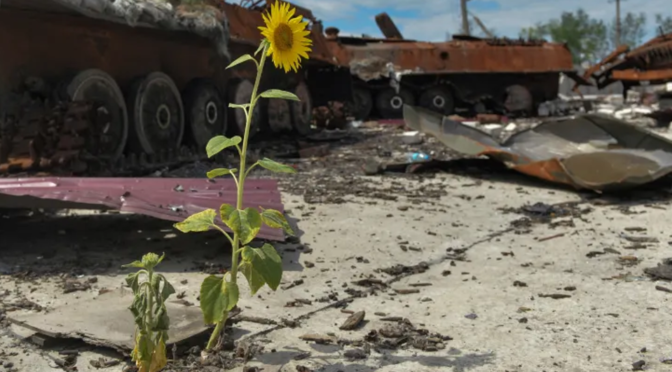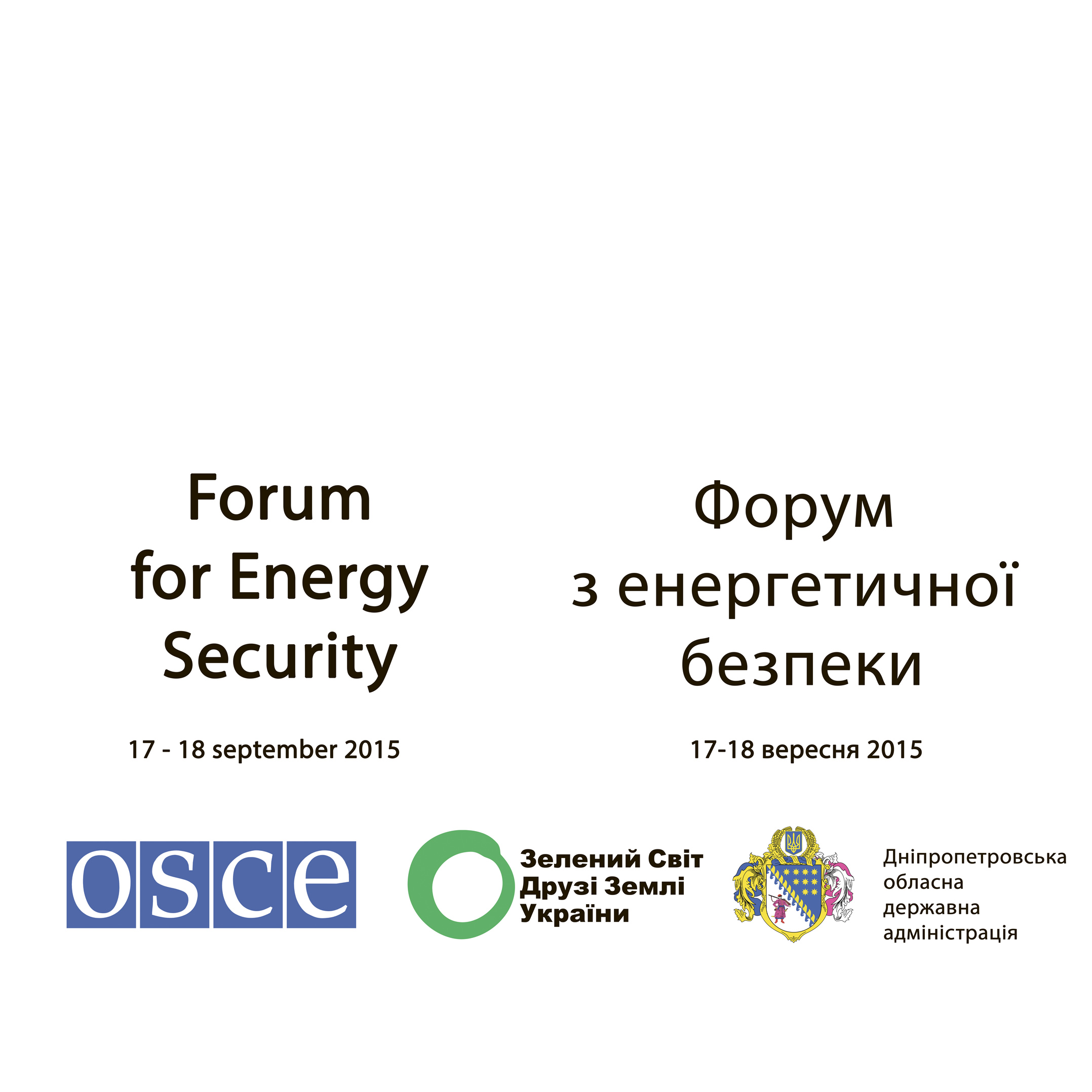Позначка: ОБСЄ
-

Якість поверхневих вод під контролем: Україна впроваджує нові стандарти
Розробили перші національні стандарти у сфері контролю якості поверхневих вод, – про це повідомили в Міндовкіллі. Вони відповідатимуть вимогам ЄС.
-

Росія завдала шкоди українському довкіллю мінімум на 82 мільярди євро
На початок 2025 року зафіксовано понад 7 500 випадків екологічних правопорушень, які вчинила проти України росія, повідомляють у Міндовкіллі. Також назвали суму, на яку завдала збитків нашому навколишньому середовищу держава-агресорка. Про це стало відомо на брифінгу ОБСЄ, присвяченому наслідкам російської агресії для українського довкілля.
-

Forum on Energy Security took place in Dnepropetrovsk on 17-18, September
Forum on Energy Security took place in Dnepropetrovsk on 17-18, September. It was organized by OSCE, Ukrainian Ecological Association Zelenyi Svit/ Friends of the Earth Ukraine and Dnipropetrovsk Regional State Administration. From left to right: Ruslan Strilets’ – Director of the Department of Ecology and Natural Resources of Dnipropetrovsk Regional State Administration, Olexiy Angurets-…